Russian President Vladimir Putin claimed on May 22 that he ordered the military to begin creating a "security buffer zone" along the border with Ukraine, Russian state media outlets reported.
The comments come a day after Putin made his first known visit to Russia's Kursk Oblast, a border region where Ukrainian forces launched an incursion last summer. While the Kremlin claims to have fully liberated the territory, Ukraine says operations are ongoing in Kursk.
"I have already said that a decision has been made to create the necessary security buffer zone along the border," Putin said in a video conference with government officials.
"Our armed forces are currently solving this problem."
Putin did not provide additional details regarding the buffer zone.
Ukraine's Foreign Ministry responded to the statement later in the day, saying Putin's remarks are further evidence that Russia is not meaningfully interested in peace.
"I remind the world that Putin's statements about the 'buffer zone' come amid active efforts to achieve a full, durable ceasefire, stop the killing, and advance peace," Foreign Minister Andrii Sybiha wrote on X.
"These new aggressive claims clearly reject peace efforts and show that Putin has been and remains the only reason the killing continues. He needs to face more pressure to end this war."
Foreign Ministry Spokesperson Heorhii Tykhyi echoed these sentiments, calling Russia an "obstacle to peace efforts" and suggesting that any future "buffer zone" be confined to Russian territory.
"These words prove clearly that it is Putin, it is Russia that is an obstacle to peace efforts now and it is they who need to be pressured in all forms to force Russia and Putin to peace and to a full long-term ceasefire," he said in a comment to multiple Ukrainian news outlets.
"And as for the 'buffer zones,' there can be a 'buffer zone' on the territory of Russia, which is why Ukraine has been conducting an operation there since last year."
Ukraine launched a cross-border incursion into Kursk Oblast in August 2024, marking the first large-scale invasion of Russian territory by foreign forces since World War II. While a Russian counteroffensive — supported by North Korean military personnel — recaptured most of the Ukrainian-occupied land in spring 2025, Ukrainian troops continue to carry out missions across the border.
The General Staff of Ukraine's Armed Forces said on May 21 that while conditions in the region remain difficult, Ukrainian forces are holding their positions and inflicting losses on Russian troops.
The Kursk operation successfully thwarted Russia's plans to establish a "buffer zone" in Sumy Oblast in northeastern Ukraine, Commander in Chief Oleksandr Syrskyi said in November 2024.
Putin's latest comments regarding a buffer zone comes as Russia has once again rejected U.S. and European proposals for a complete ceasefire in the war against Ukraine. Putin did not agree to the terms in a May 19 phone call with U.S. President Donald Trump and the Kremlin has doubled down on its maximalist demands.
Russian Foreign Minister Sergey Lavrov confirmed on May 21 that Russia has no interest in pursuing a ceasefire: "(W)e don’t want this anymore," he sais.
Editorial: Russia just said it doesn’t want peace. This is what you need to do
Russia is now saying the quiet part out loud. It has no intention of stopping the war in Ukraine. We in Ukraine knew this all along, of course, but to sate the demands of international diplomacy, Moscow and Washington have engaged in a now more than two-month-long peace process that

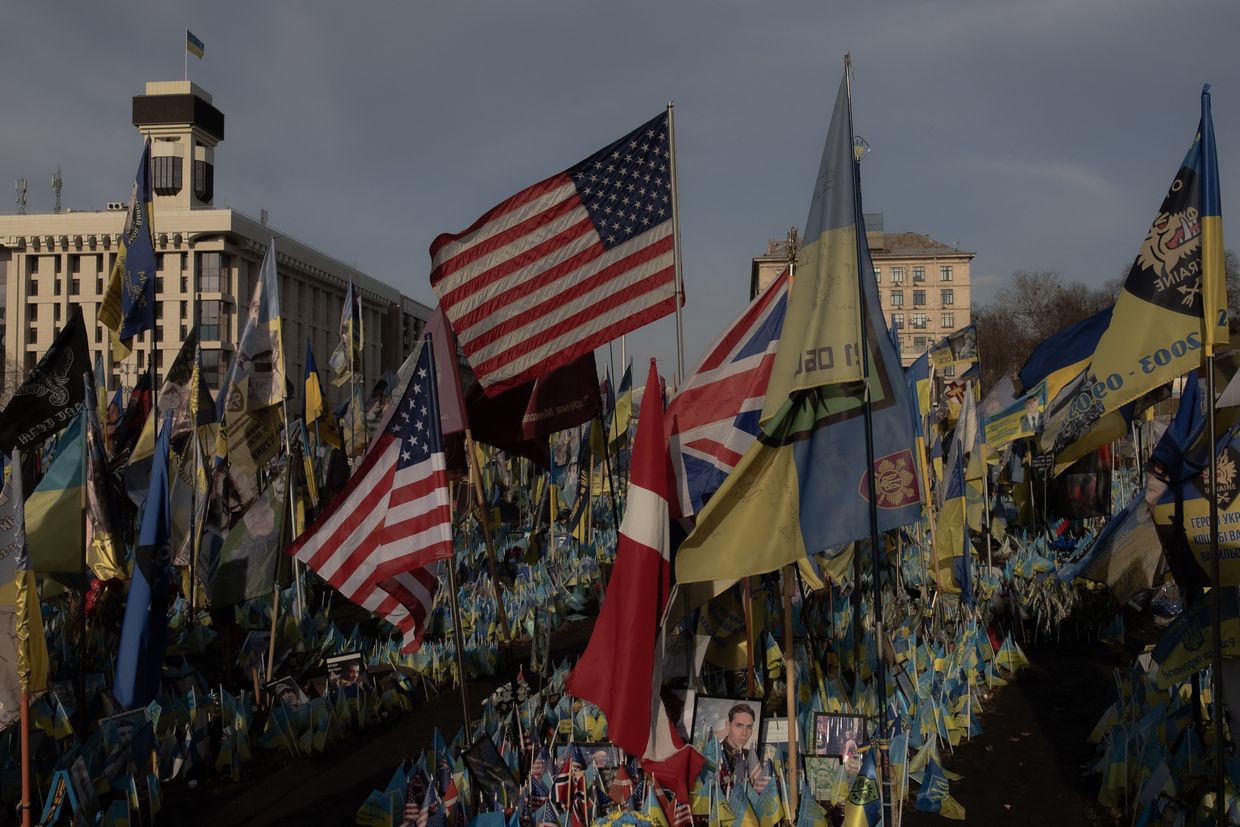
.png)
 German (DE)
German (DE)  English (US)
English (US)  Spanish (ES)
Spanish (ES)  French (FR)
French (FR)  Hindi (IN)
Hindi (IN)  Italian (IT)
Italian (IT)  Russian (RU)
Russian (RU)  5 hours ago
1
5 hours ago
1
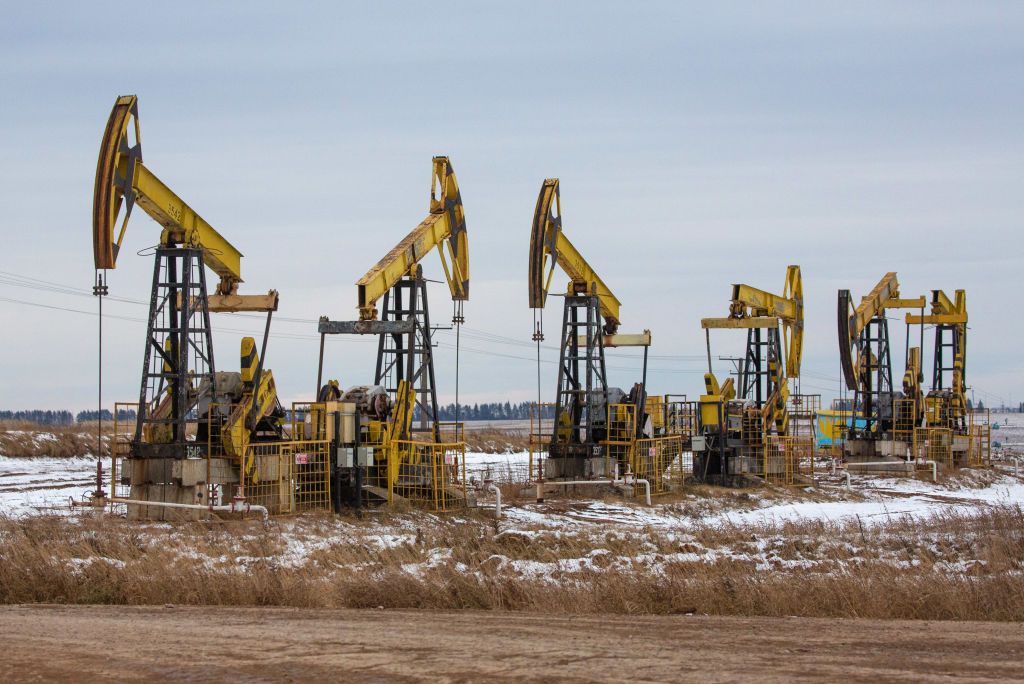
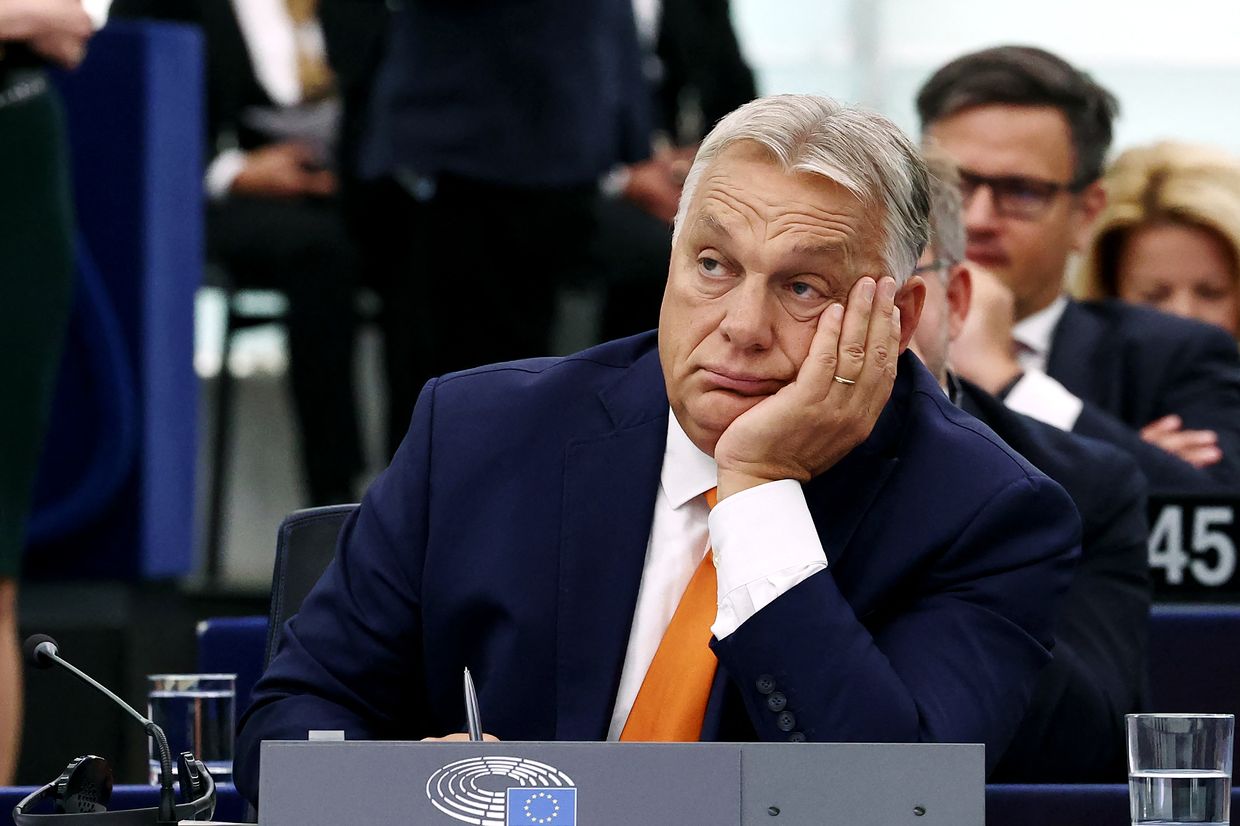
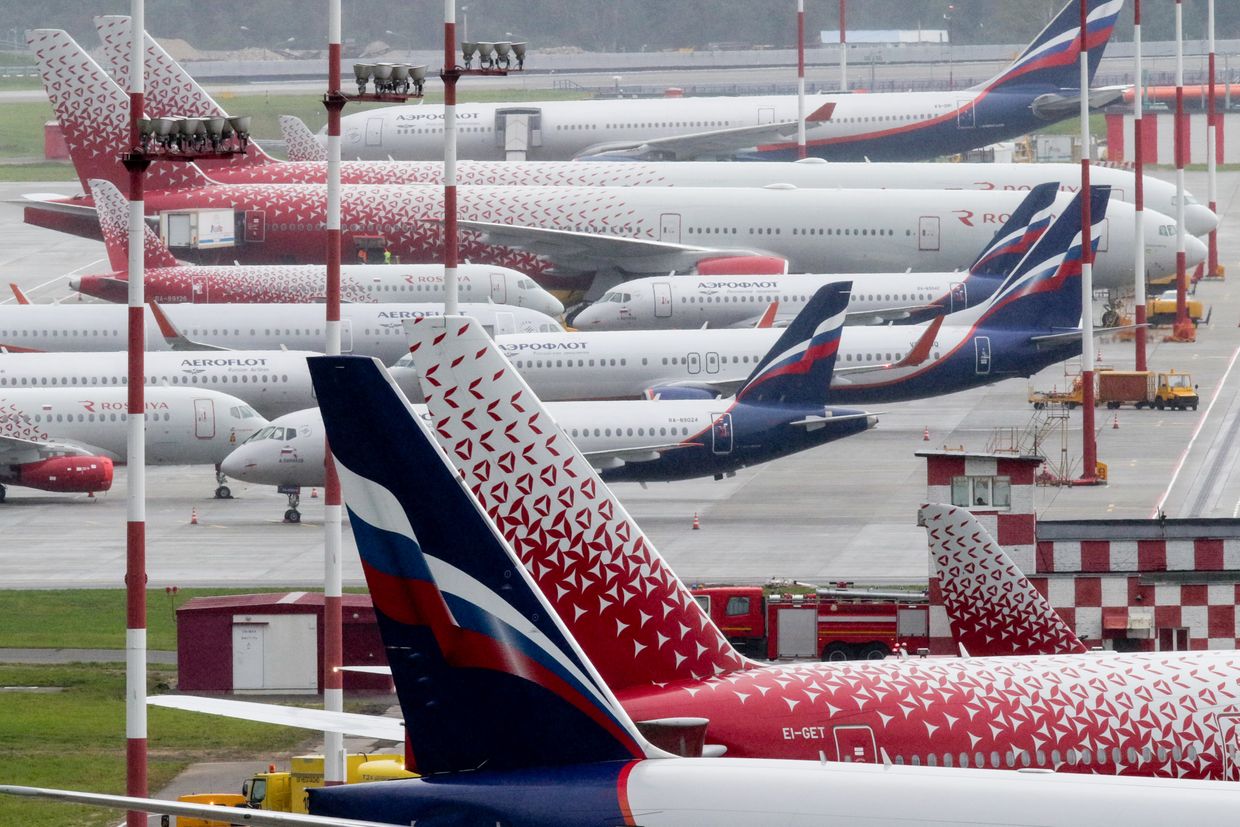
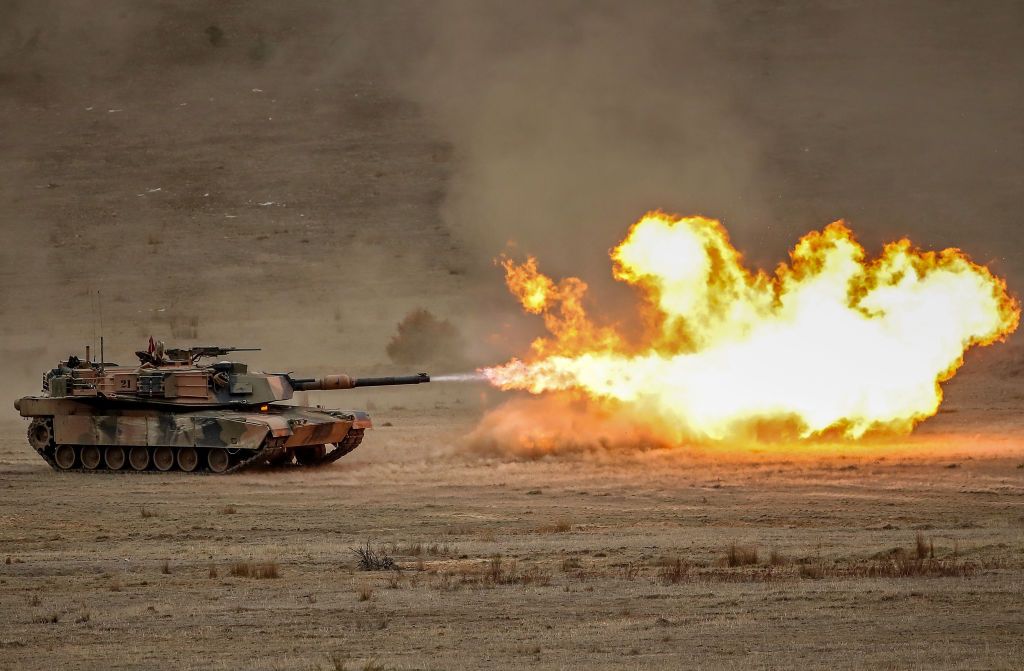
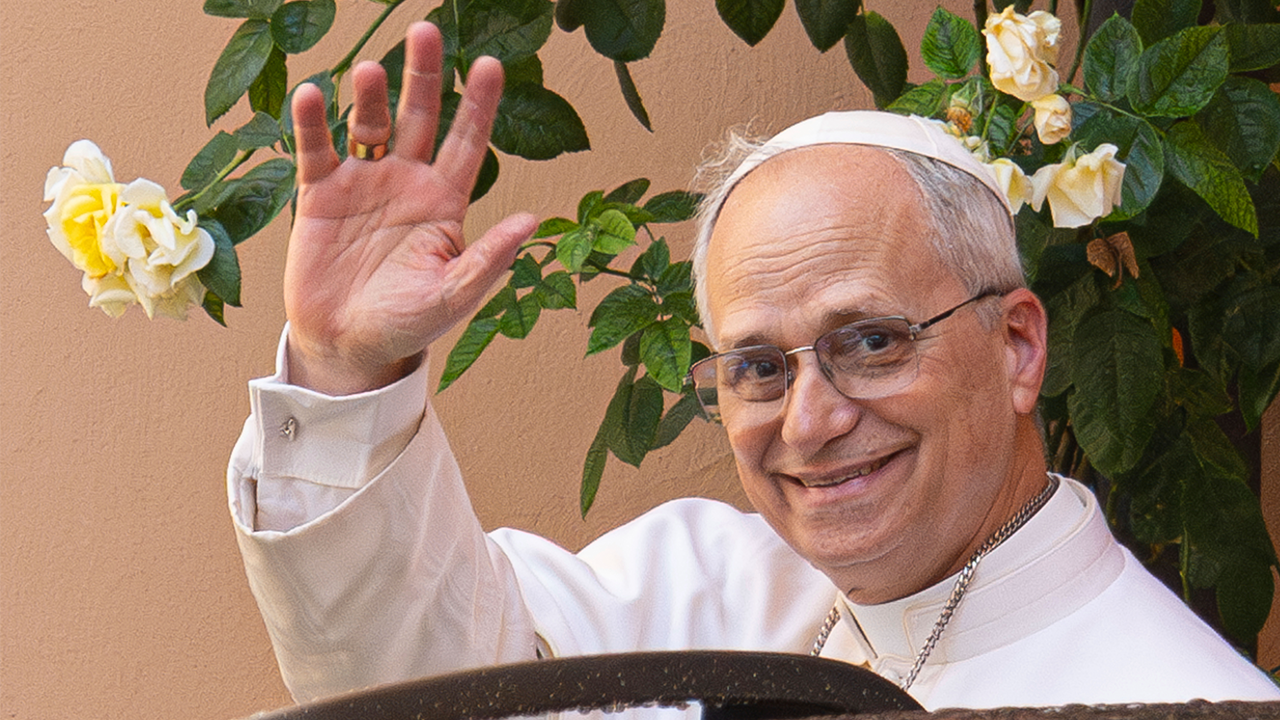



Comments